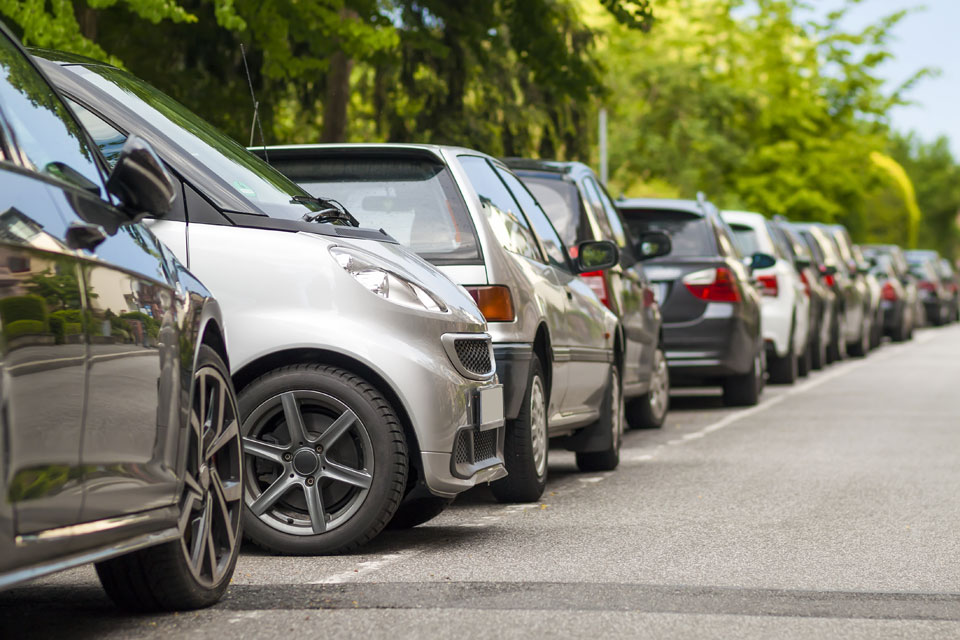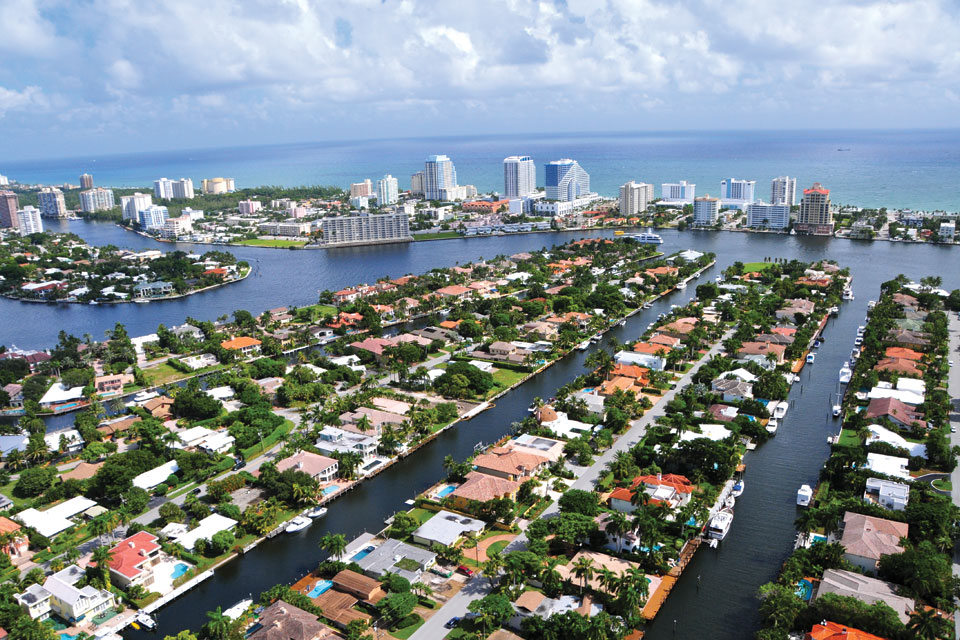
I have had a lot of experience with small towns in Florida. I grew up in what I believe is the first town in Dade County if you are traveling south on A1A. Our home was the second to be built on the ocean, while the other few homes were on one of the man-made “islands” on the Intracoastal Waterway. My recollection is that the police department had a lot of control of who came and went, and what activities were permitted there.
Later in life, I lived in small towns in south Dade County and, some years later, small towns in Broward County. My kids have also been part of small towns in Fort Lauderdale, the Orlando area, and west of Chicago. In chatting over the years about our lives in these neighborhoods, we have found three failings that doom some small municipalities to mediocracy: roads falling into disrepair; permitting parking on streets often blocking emergency vehicles; and the absence of street lighting at night to protect those not in vehicles.
Over the years, many towns “save money” by choosing not to repair their roads, or by repairing them here and there, leaving bumpy rides for residents and visitors alike. In the end, the repairs are found not to be adequate and homebuyers researching the area are discouraged by the road conditions, thinking that it must not be a desirable place to live if they cannot even maintain their roadways.
Vehicles have grown in size over the past half-century and that includes trucks and trailers used by pest control companies, landscapers, sewer maintenance crews, marine maintenance services, etc. The result is that drivers are constantly zig-zagging in and out of “parked traffic” in order to get somewhere in a reasonable amount of time. At night, these obstacles take the form of vehicles used by partygoers attending an event at a home in the area. Even when parking is attended by an off-duty policeman or civilian, cars often park on both sides of the street, thereby preventing the passage of emergency vehicles. God forbid if there is a house fire on the street or someone has a heart attack requiring immediate hospitalization. I guess the towns in question don’t care about the liability this creates for the town leaders and managers.
Finally, everyone understands that there are some homeowners who don’t like street lights in front of their homes because it interrupts their sleep or causes their pet to bark or be afraid of the shadows. These residents should instead consider the danger that exists every time someone turns a corner at night and their headlights land on a couple walking their baby or pet without being cautious about traffic coming up from behind them. Those enjoying the cool nighttime breezes could also help themselves by not wearing dark clothing once the sun disappears over the horizon causing them to blend into the darkness of night and not obvious to headlights. Again, the lack of adequate lighting would seem to create a liability most townships should seek to avoid.
These may seem to be small inconveniences that one should endure in silence once a small town is chosen for one’s residence, but the longer a resident has to encounter these situations the larger they grow in importance and eventually become part of the decision to sit back and enjoy life in a waterfront condo. What do you mean the elevator isn’t working?

